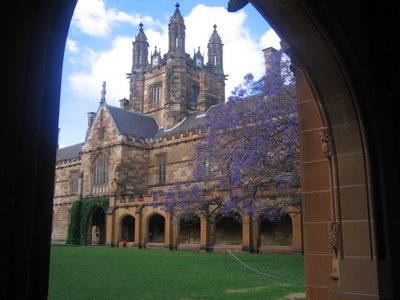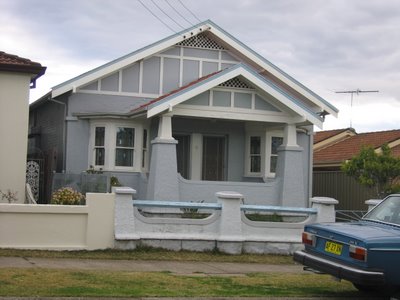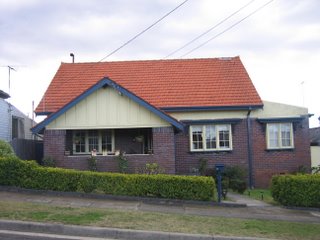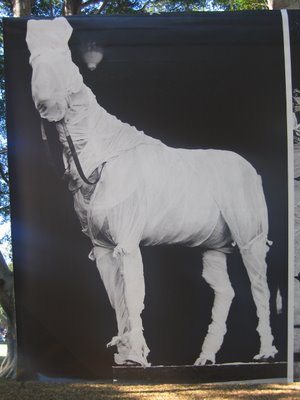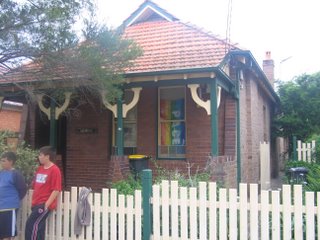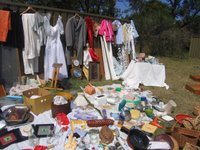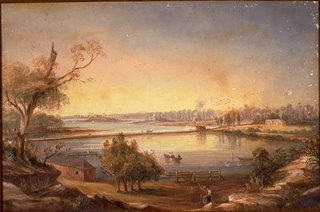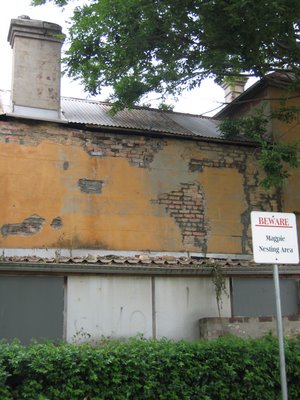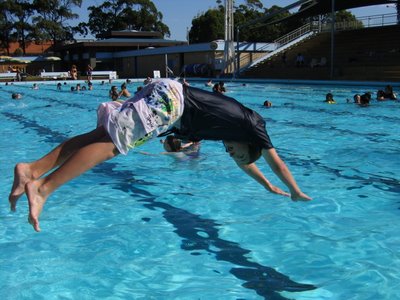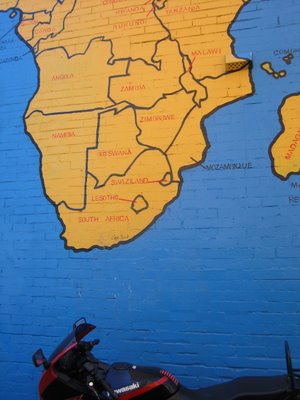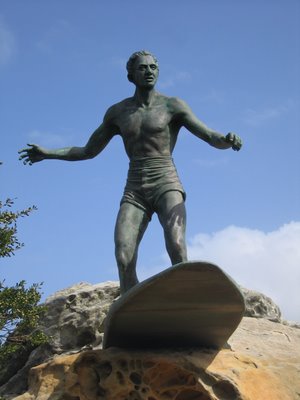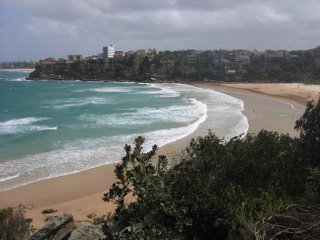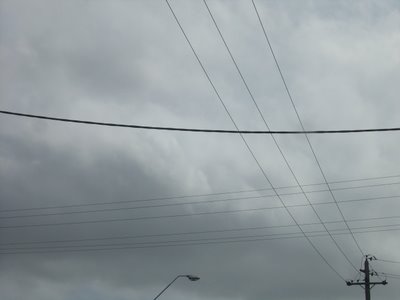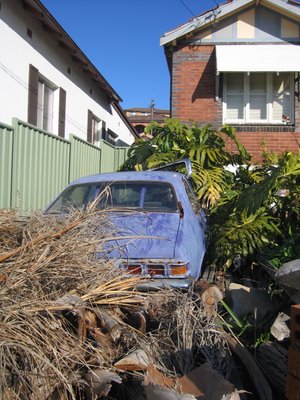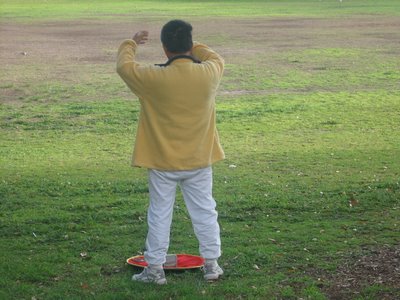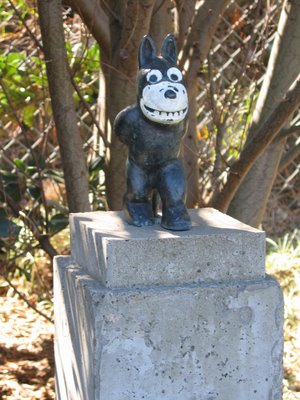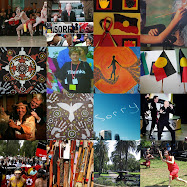 This shot of jacaranda blooms is for Mimmu in Finland (see her blog - click here), who I promised to show more jacaranda after my shot at Sydney Uni last week.
This shot of jacaranda blooms is for Mimmu in Finland (see her blog - click here), who I promised to show more jacaranda after my shot at Sydney Uni last week. 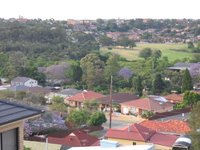
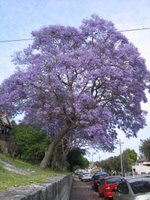
At left I've also given you an idea of trees in full bloom. I walk past these ones on the way to the station every day. One day you go past and not notice them, then all of a sudden they are in full bloom...then, seemingly, just as quickly, they are gone.
To the right, an attempt to show the effect of the purple blooms dotted throughout the neighbourhood between the green trees, from a high point of a nearby street. (It's hard to capture the full effect, but clicking on it to enlarge will improve it). They are, above all, a tree of the suburban back yard and street... I can't think of many (any?) in the city itself.



